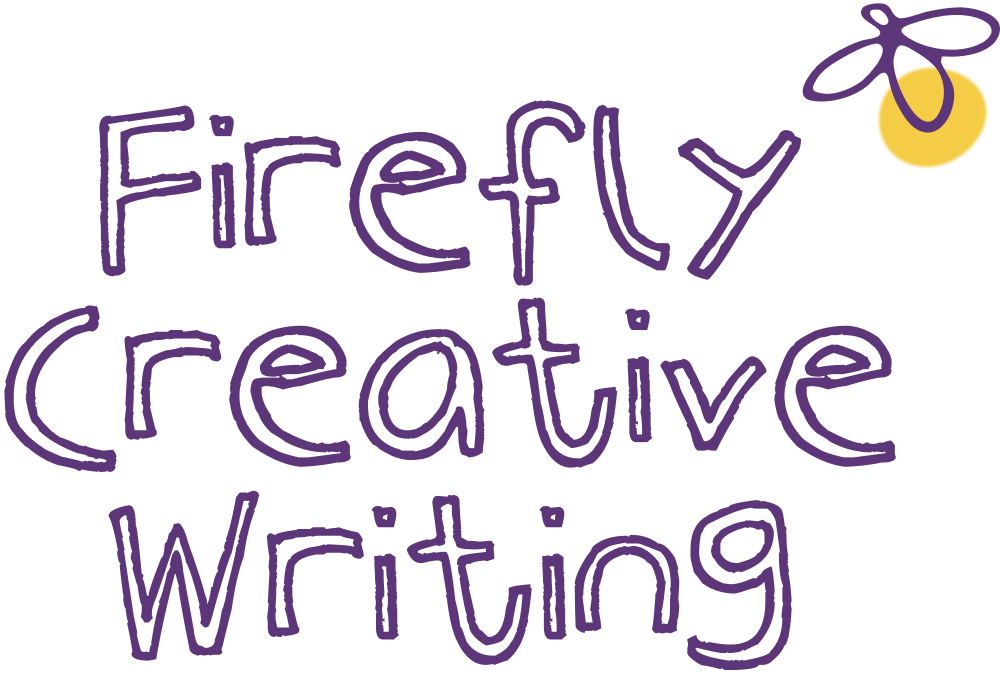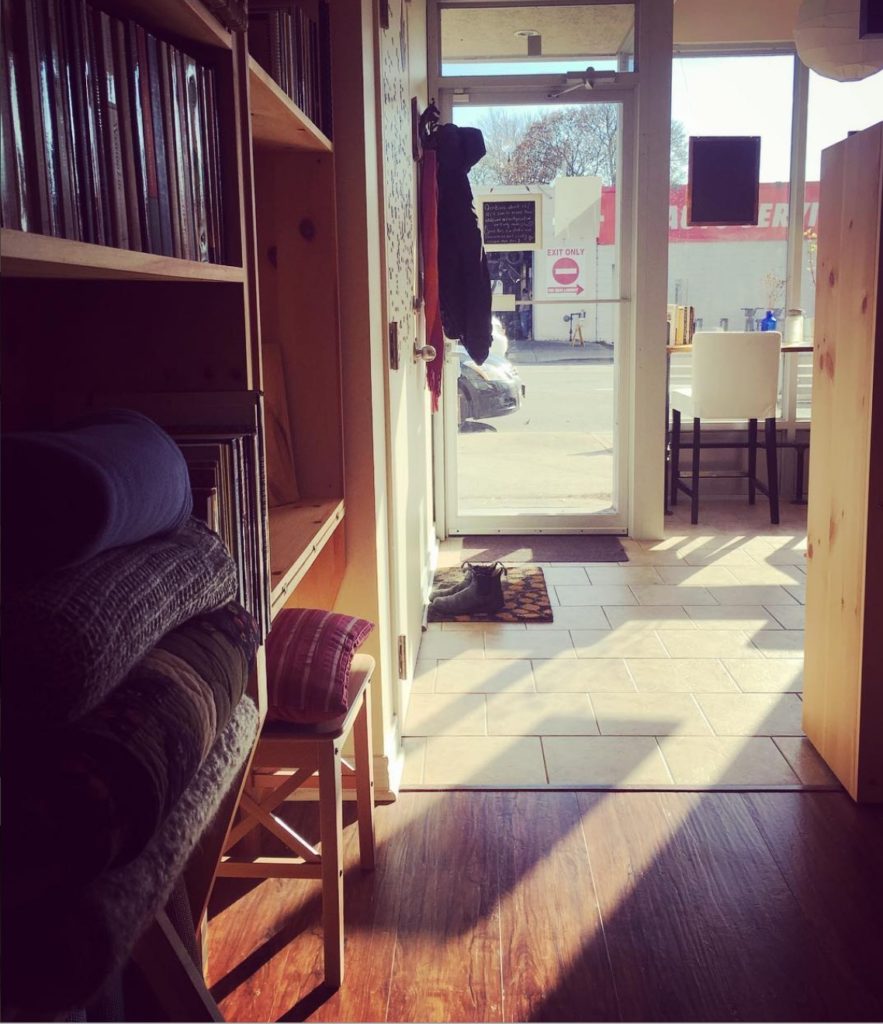We Should have Done this a Long Time Ago
A view from the inside of the Studio looking out the front door. There are bookshelves and cozy blankets on the left hand side.
You know we love words.
But there are times in life when they just don’t feel like enough.
Insufficient. Hollow. Sorely lacking.
If you’ve been at an event in a university or community center in the last few years, you’ve probably heard a land acknowledgement that was so flat, stilted and scripted, it felt more like colonialism than progress. Those are the kind of words I’m talking about.
For a long time I’ve been wanting to do land acknowledgements at Firefly, but I’ve never wanted it to feel like I’m ticking a politically correct box. I thought — this needs to be grounded in actions, activism, advocacy. It can’t just be words. I need to start elsewhere.
But the “starting elsewhere” part wasn’t happening. For years I talked about it, thought about it, wondered how. I felt bad, promised to get organized next month, and kept going. I was busy keeping Firefly’s lights on, and wary of my whiteness, what my friend Paul calls our “history of intrusion.” I didn’t know how to do it right.
Then people started to challenge me. This studio, do I know whose land it’s on? Am I aware of the layers of injustice under my feet? And I felt it, right behind my ribs, every time. It still felt like we needed to take action first, and actions felt clumsy, and more time passed. I’m not proud of this.
Then something turned. I don’t know what. Maybe it was Colten Boushie and Tina Fontaine’s heartbreaking lack of justice in the legal system this winter. Maybe it was just my soul catching up with my brain. It just landed — when something matters this much, we move towards it, even if our steps feel off.
And — holy shit — it’s not about me. While whatever waves of fear and overthinking were crashing over my little brain, Indigenous people were continuing to face inexplicable challenges at the hands of colonialism year after year, challenges I have no lived category for. Was I actually standing in the way of acknowledging their title over this land because I didn’t think I’d done enough volunteer work? That is some white fragility.
We have made the change. Now, at events and before our retreats and on the first day of workshops, we pause to acknowledge the Indigenous people whose land we’re on, the injustices in the way that land was taken, and the long struggle they have faced in the wake of colonialism, forced assimilation and racism. We also acknowledge their incredible survival and resilience, and the fact that this isn’t history, this is here and now and we all have a stake in undoing it. We acknowledge our gratitude to be able to do our work here, but also that gratitude isn’t enough.
We still have questions. Like — how do we not talk about this all night? How are we not all weeping? We practice it as a team. We cry. We lose the thread. That’s okay. This doesn’t fit into a box or a paragraph, and it shouldn’t. It is clumsy. It’s not just words. But, like Terry Swan, the Indigenous woman and beloved Firefly who helped us craft our acknowledgements told me, “It’s the very beginning of a long conversation that settlers and Indigenous people need to have.”
I’m remembering now that words are a lot like cells. Tiny, but one after another, they have a way of building. Since we started doing this a few months ago, I’ve been approached by three people with connections to Indigenous organizations where we may be able to offer our work in meaningful ways. We are honoured. And we’re taking careful, thoughtful steps towards that work. We’ll keep you posted.
Would you like to read what we created? Here’s our web version. We took advantage of the medium to include resources and readings if you want to go deeper. We know this is sensitive. Everyone acknowledging land will do it in their own way. Right now, this is ours. If you have thoughts, ideas, complaints, anything, be in touch — we’re always evolving, and we do that in community.
EDITING NOTE: A few months after writing this, we made a commitment to take a tangible action per season as a team to put our acknowledgment into action.
Later, we started to take an action to support local Indigenous communities anytime we run a retreat, to be in direct reciprocity for working on their land.
There have been too many to list, but they have included:
Supporting Indigenous Climate Action, Indian Residential Schools Survivor Society, Two Spirit Gifts, and Go Fund Me’s by Giwaabamin and Toronto Indigenous Harm Reduction
Creating a youth writing facilitator training program with Council Fire Indigenous Cultural Center, and then running it and supporting the youth through creating their first writing workshops.
Coaching and providing free writing workshops for Indigenous grad students through the Indigenous Education Network at U of T.
Donating to local food banks and community development funds on reserve land near retreats we run.
We love getting ideas for actions from our community and would love to hear from you if you have one for us to consider.
In it with you,


